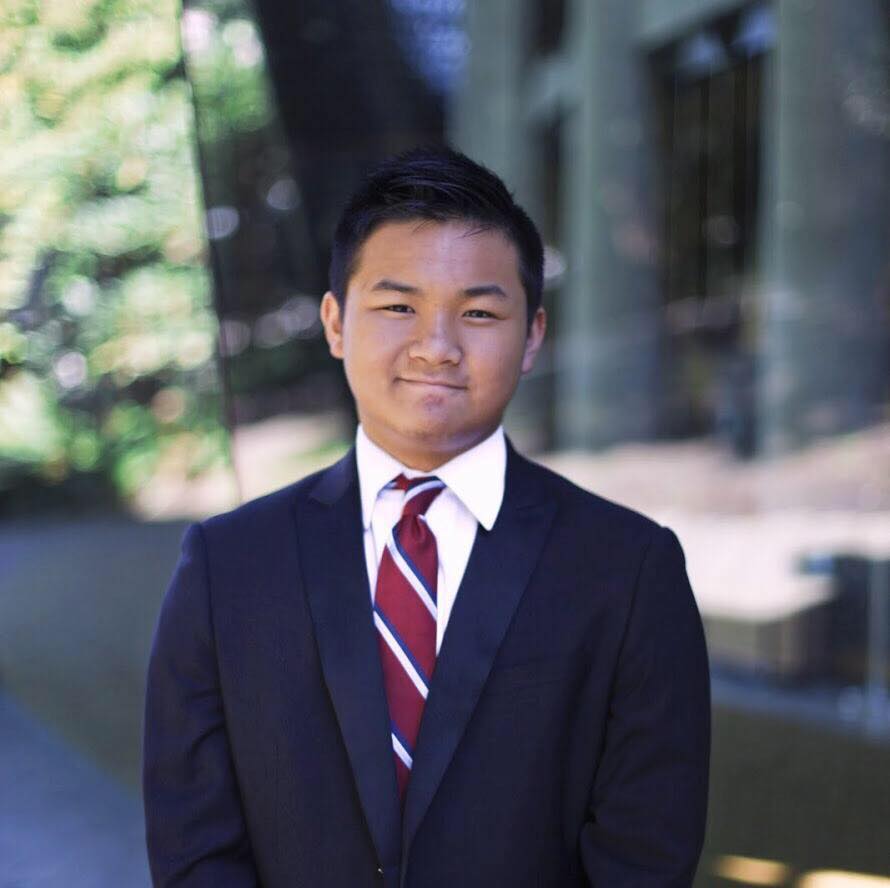Director
Andy Wang

NATO works towards the freedom and security of all members through the previously mentioned goals of collective defence, crisis management and cooperation. NATO is secondarily committed to individual liberty, democracy and human rights, along with the principles of the UN. Although the Euro-Atlantic area is relatively peaceful and not under threat of a substantive attack, there must be constant caution, as many more countries have developed modern military capabilities. The dangers of nuclear weapons continue to grow, threatening the security of the world at large.


